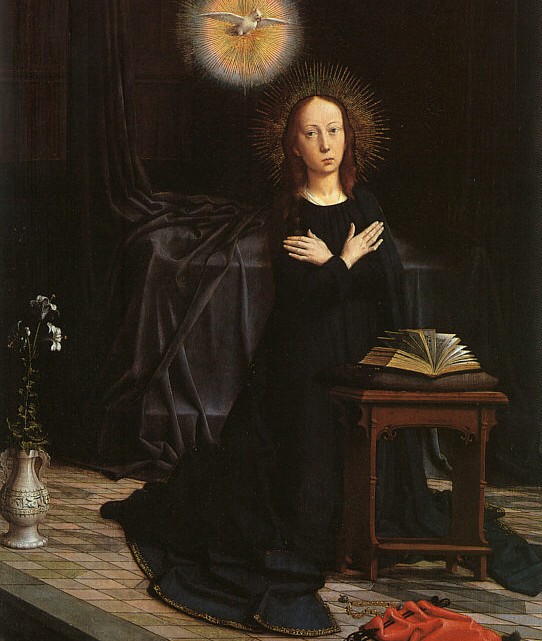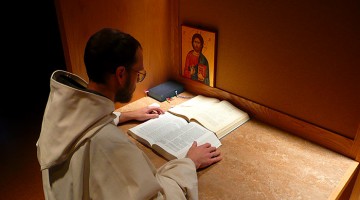Chapter 2 – Theory
In the Christian tradition, the reading of Scripture has particular importance. From the early Church, the reading of Scripture went beyond simply comprehending the ideas contained within the Bible, but rather was considered an integral part of entering into the Divine communion. Reading led to dialogue with God, a dialogue in which the full faculties of the intellect were engaged in a quest to enter into the Divine mysteries.
The four senses of scripture were a systematic representation of the way in which the Church Fathers allowed Scripture to awaken within them the Holy Spirit. The Church Fathers used the full palette of their conceptual learning and their imagination to explore the sacred text with a sense of wonder and awe. An attitude of reverence for the sacredness of Scripture was also combined with a sense of play and ease. The Church Fathers were not afraid to explore different avenues of intuition, all of which were the fruit of fidelity to the Church and intense study.
Our study of Sacred Scripture should lead us to ponder the Word of God with the same creativity and curiosity showed by the Church Fathers. Methods of lectio divina (i.e. meditating on the Scripture) should not shackle this sense of play, but rather help us to enter into the more spontaneous promptings of the Spirit. Often, methods of prayer arose from a saint trying to teach those who came after him or her ways of entering into what they discovered by trial and error. The danger is often that when we apply their suggestions, we don’t allow ourselves the freedom that the saint is trying to convey.
The practice of lectio divina is not supposed to be a series of steps and stages that we must meticulously follow like the recipe for baking a cake. Rather, they are a gentle guide that helps us to become aware of the basic contours of meditation. Again, methods are preliminary and can be abandoned at the discretion of the believer. They are only meant to point the way.












“An attitude of reverence for the sacredness of Scripture was also combined with a sense of play and ease.”
I have, for too long, taken what I learned as “guidelines” and in my mind have taken them as “rules” to follow, as you said, as in a recipe baking a cake.
You have opened Lectio a crack for me to see where I can take this. Thank-you.
Br. Martin
novice/ Order of Lutheran Franciscans
Thanks Brother.